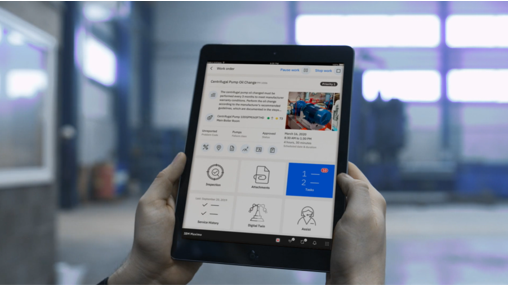Maximo users can be categorised based on their license usage. License usage can be monitored through BIRT reports. The conditions of the contract or agreement with the service provider will outline the licenses which a client is eligible to use. The 4 different licence usages/types include Authorised, Limited, Express and Self Service.
Why you need to monitor your Maximo license usage
In every company, the number of Maximo users may change from time to time. This can result from a myriad of reasons such as new employees, new business processes and other scenarios. To be proactive in such instances, companies need to familiarise themselves with the process of making changes to their Maximo licence usage. This is essential in combatting the issue of a license overuse. If audits conducted by regulatory bodies such as IBM reveal that a company is engaging in a license overuse, they will be subject to heavy fines.

~ Businesses caught overusing licenses will be subject to fines ~
Monitoring license usage – a strenuous task
Determining license usage however can be a tedious task. Complex database queries need to be run, and the Maximo administrator of a company may not always possess the necessary knowledge and skills to successfully create a proper query and run it in the database. The 4 types of licenses differ based on how many modules a user has access to and whether they can create or modify data.
The 4 types of license usages that can be monitored using BIRT reports

~ Types of license usages ~
Authorised users have full access to all Maximo modules, including the ability to modify data in admin modules. Limited users have full access to 3 out of 20 modules. Express users have restricted access to modules containing running and viewing reports, read only views of record, status updates and updates of work orders that have been assigned to them. Self service users only have access to raise Service Request or Desk Requisitions. Modules in Maximo consist of several application. For example, Maximo 7.6.1, Work order module consists of WOTRACK, LABREP, QUICKREP, ACTIVITY, WORKMAN, SR, SUPERVISOR, TECHNICIAN, INSPECTOR applications.
Our solution to your problem – BIRT reports
We offer a smart solution for monitoring licence usage – BIRT reports. Firstly, we create several views in Maximo to fetch the necessary data for licence usage. We do this by using Database configuration scripts (DBC). DBC allows us to do dbupdate command in Maximo. In most cases, DBC is database-independent so it will work across several platforms such as: MS SQL server, Oracle and IBM db2. In particular, we do not require an outage to create our views. The following is part of our DBC:

~ Database configuration script ~
Secondly, we create a Business Intelligence and Reporting Tools (BIRT) reports based on those views. Once the BIRT report is built, we deploy it in Maximo. The report is designed to be available for the users, as frequently as they may need it. If a business cannot allocate time to monitor license usage, they may seek assistance from an external consultant. In this case, the report needs to be sent to the external consultant. When the license usage application experiences a change, the business needs to work collaboratively with the external consultant to avoid any possible complications. Ideally, this should be undertaken as soon as the application undergoes a change. This will reduce the complexity of the discussion.

~ Tracking license usages ~
We believe this is the ideal solution for businesses to use when monitoring their licence usage through User Interface. The initial set up requires 2-3 hours of work with no outage required. If you are interested in the report above or have any queries, please do not hesitate to contact BPD Zenith.




